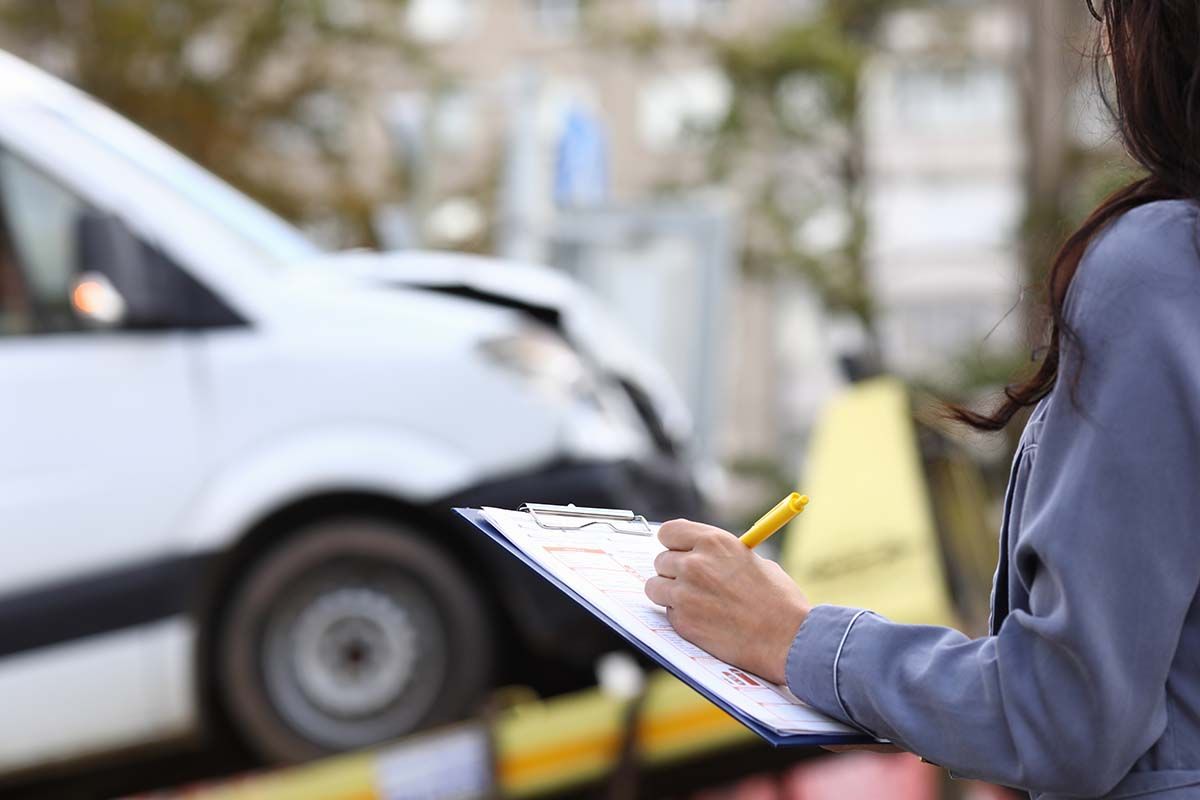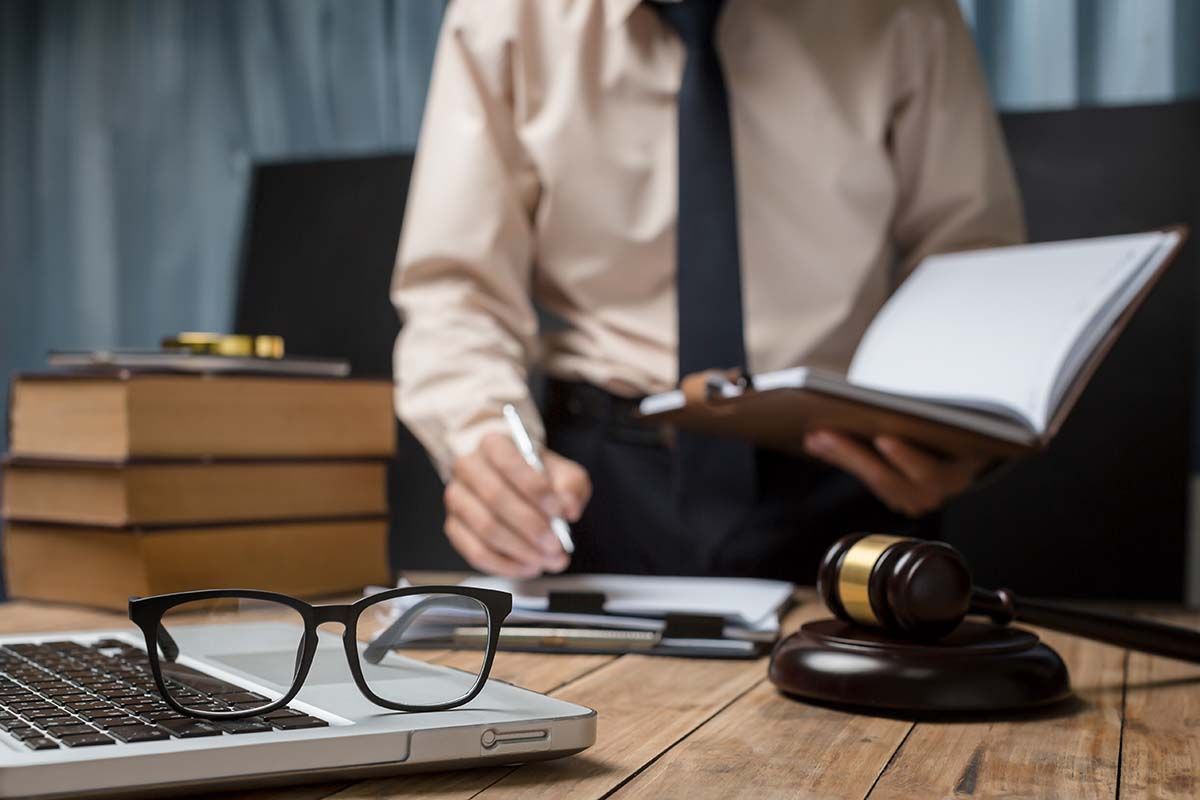News

Watch Your Step: You could qualify for a premise liability case
If you have sustained an injury on public or private property as a result of negligence by the owner, then you may be eligible to file a premise liability lawsuit.
According to alllaw.com, premise liability refers to a property owner’s potential responsibility for any injuries that may occur on his or her property as a result of negligence or unsafe conditions. Almost any type of structure or open space can fall prey to a premise liability case.
Premise liability is something that every property owner can be held to whether they own something as simple as a one-bedroom house in a neighborhood or something much bigger like an amusement park.
There is a wide variety of injuries, accidents and situations that can lead to a premise liability lawsuit, including:
- Slip and fall accidents
- Animal bites
- Swimming pool injuries
- Inadequate maintenance
- Having children on the premise
- Fires
- Falling equipment
- Dangerous property
- Inadequate or negligent security measures
Although it does not seem probable that many of these situations would happen at a restaurant or retail store, they have happened and will continue to happen in the future. So it’s important for owners of restaurant and retail properties to know about the liabilities that come along with being a public business.
Before filing a premise liability lawsuit against an individual or company, the accuser needs to be able to prove four key factors:
- The defendant, the person who directly or indirectly caused the injury, occupied, leased or owned the property where the injury was sustained. This step should be relatively easy to prove. As the owner, leasee or occupier, it is the defendant’s responsibility and duty to make sure that the property is safe.
- The plaintiff, the person filing the case, was injured. There are several ways to prove that an injury was sustained including a testimony from the plaintiff, a testimony from a doctor who treated the plaintiff and showing medical records or medical bills. If the injuries sustained require long-term treatments or will continue to affect the plaintiff in the future, it is important to discuss this in the case proceedings or in court.
- The defendant was negligent in the use of the property or failed to warn the plaintiff about any dangers. According to Cornell University’s law school, negligence is defined as “a failure to behave with the level of care that someone of ordinary prudence would have exercised under the same circumstances. The behavior usually consists of actions, but can also consist of omissions when there is some duty to act (e.g., a duty to help victims of one's previous conduct).” So in a premise liability case, the plaintiff needs to be able to prove that the defendant did not take the proper measures required in that particular situation to assure no harm was caused.
- The plaintiff must prove that the defendant’s negligence was a significant reason for why he or she was harmed. The best way to do this is to prove that the injury sustained was reasonably foreseeable as a result of the defendant’s actions or omissions of action.
Regardless of how simple or easy it may seem to prove or disprove the previously mentioned factors, when it comes to prosecuting or defending a premise liability case there is another key element to keep in mind: individual state laws.
Different states have different laws when it comes to the status of the visitor on the defendant's property. In this case, it is important to consider why the plaintiff was on the defendants property and whether they were invited there.
The visitor can be classified in one of three categories: an invitee, a licensee or a trespasser. An invitee is a visitor who enters the property to financially benefit the owner, for example, a restaurant customer. A licensee is a person who received written or verbal consent from the owner to enter the property, usually for the purpose of a social call. A trespasser is a visitor who unlawfully enters the property without the permission of the owner.
To go along with the reason why the plaintiff was on the defendant’s property, the outcome of premise liability cases in some states is affected by the plaintiff’s fault in the injury as well.
For example, in states like Alabama, if the plaintiff is found to have been at any fault in the injury, they will most likely be unable to recover any sum of money from the case.
Filing or defending a premise liability case can be a headache if you do not have the right legal team. Having lawyers with the proper knowledge and plenty of experience can alleviate the pain and stress that comes along with a legal case.
At Barfoot and Schoettker, we are confident in our ability to help you solve your premise liability case. Whether you are looking to file a case or defend one, we would love to schedule a free consultation appointment with you to decide the best course of action.
We are here to help!
Whether it’s the insurance company who refuses to adequately compensate you for your personal injury; the wrongful death of a loved one caused by the carelessness of another; or you've wrongfully been accused of a crime... Regardless of the obstacles you face, we can help.
Call Us Confidentially Now:
(334) 834-3444
Contact Details
OFFICE
6771 Taylor Circle
Montgomery, AL 36117
Phone
(334) 834-3444
info@barfootschoettker.com
Contact Us Today
Use our contact form or give us a call for your no-obligation consultation.






